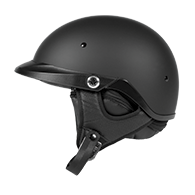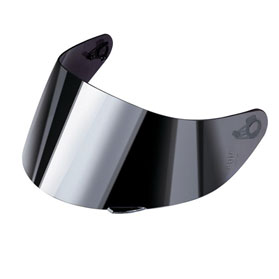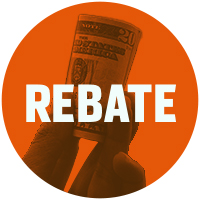If we live long enough, the day may come (the horror!) when we're too old and infirm to ride motorcycles. At that point, our greatest motorcycling joy may be when the grandkids say, "Grandpa, tell me again about the time you rode your motorcycle to Alaska and saw a bear."
If you don't hear them, and they wander off thinking Grandpa has gotten rude in his old age, you'll really miss out.
That's why you, as a rider, need to protect your hearing now.
I'm a major advocate for the use of earplugs. In our recent story by Jed Wheeler, "Seven things I wish someone had told me when I started riding," there was discussion in the comments section about whether earplugs could reduce safety by preventing the rider from hearing other vehicles. It's a natural concern, but both audiologists and the experience of many motorcyclists say that concern is unfounded.
But before we get to that, let's answer the most basic question. Why do we need to worry about our ears, anyway?
Riding motorcycles can make you happier ... and hard of hearing

Put those two facts together and you get this: If you ride your motorcycle at highway speeds for more than 15 minutes without ear protection, you're damaging your hearing.
And who wants to ride for just 15 minutes?
Certainly not me. As someone who enjoys few things more than a long motorcycle trip, I often spend eight hours, or more, in the saddle. It's not what most would call a workday, but it's an equivalent amount of time, so to meet that NIOSH standard, I have to get the full effect of the sound reduction that good earplugs provide.
Why earplugs make you safer
Our ears are not designed to work at 100 decibels. Humans didn't evolve in an environment where we were riding motorcycles, operating chain saws, working in factories, etc.
And that's why earplugs don't reduce your safety. Earplugs don't "block out" sounds you need to hear, such as sirens, other vehicles, horns blowing, and so on. They reduce the overall sound pressure so that your ears can operate in a more natural range. This lets you distinguish sounds better. You're more likely to hear that siren because your ears aren't overwhelmed with 100+ decibels of pressure.
In my experience, there's another way wearing earplugs makes you safer. When I began using earplugs many years ago, I immediately noticed that I felt much less fatigued, especially on long rides. We're all more likely to make mistakes when we're tired. Using earplugs improves your odds.
So which earplugs should I buy?
I'm not going to tell you. Not because I'm trying to be unhelpful, but just because different solutions work for different individuals. Disposable foam earplugs work fine for most people. I've tried other kinds but I've always migrated back to that simple solution. The key with foam earplugs is using them correctly. Roll them tight, insert into the ear canal and let them expand to fill the space. If they feel loose, try again. Tugging upward and backward on the top of your ear with one hand while inserting the earplug with the other is helpful for many people because it straightens the ear canal.
Other kinds of earplugs are also available, up to custom-molded plugs made just for you. The good part is that none of the options are expensive, except for the custom-made earplugs, so you can experiment with different kinds and find what works best for you.
The sooner you begin taking steps to preserve your hearing, the better the results will sound.































 Riders Preferred Membership
Riders Preferred Membership

